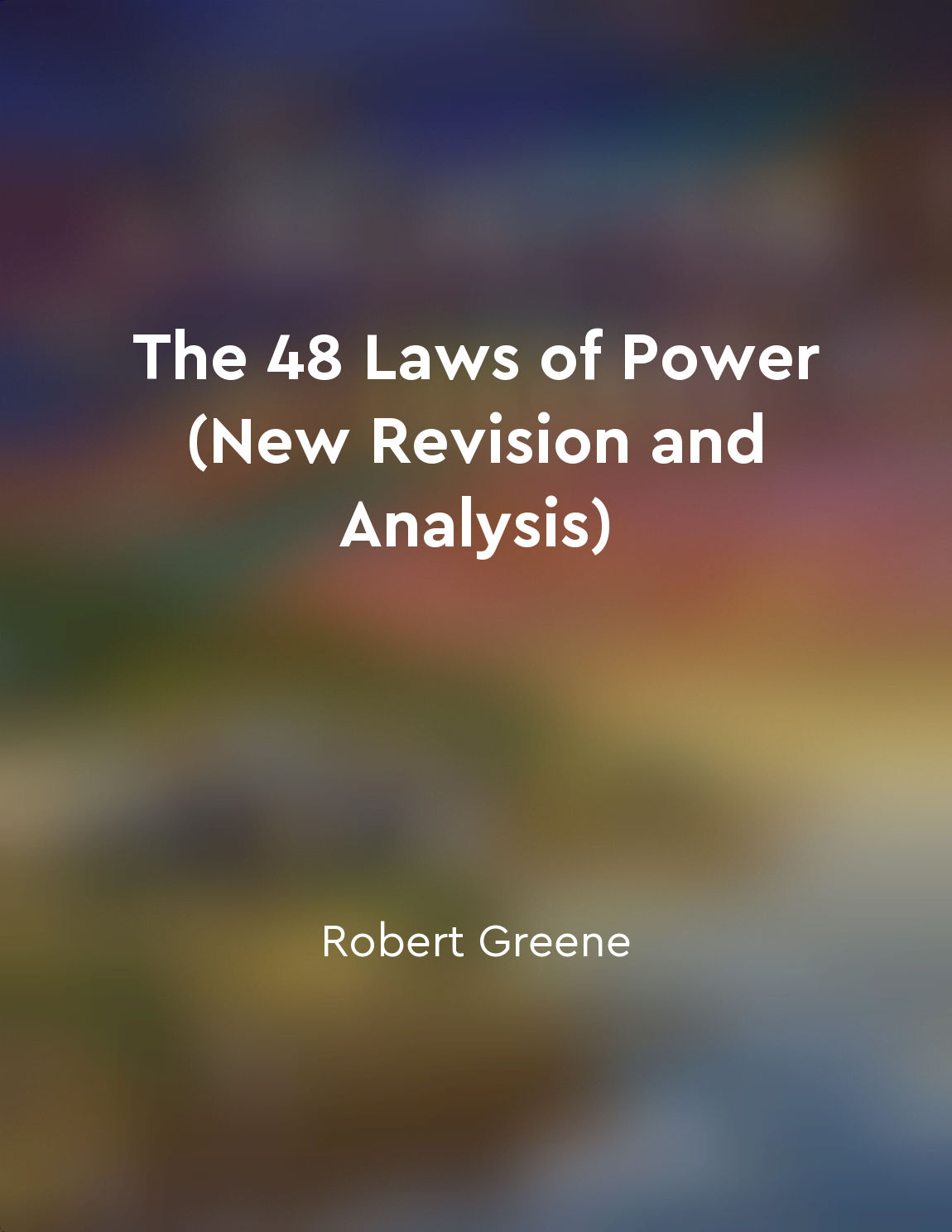Historicism presupposes that history follows a preordained path from "summary" of The Poverty of Historicism by Karl Popper
Historicism, as a theory of history, asserts that historical events can be predicted based on certain laws or patterns that govern the development of societies. This implies that history follows a predetermined course, with events unfolding according to a fixed plan. Proponents of historicism believe that by studying the past, one can discern the underlying forces that shape the future. The idea that history is driven by inexorable laws or trends has been a cornerstone of many philosophical and political systems throughout history. From Hegel's dialectical process to Marx's theory of historical materialism, the belief in an overarching historical plan has influenced the thinking of scholars and policymakers alike. According to historicists, events in the past can be used to forecast future developments, allowing for the prediction and control of social change. However, the assumption that history follows a preordained path is problematic for several reasons. Firstly, it overlooks the inherent complexity and unpredictability of human societies. People are...Similar Posts
Social institutions are embedded within cultural systems
Social institutions are not free-floating entities, but rather are deeply rooted within the broader cultural systems in which t...
Strategies to improve retention and recall of information
To enhance our ability to remember and recall information effectively, it is essential to employ certain strategies. One such s...

Understand your environment
Understanding your environment is a crucial element in achieving power and success. It involves comprehending the dynamics at p...
